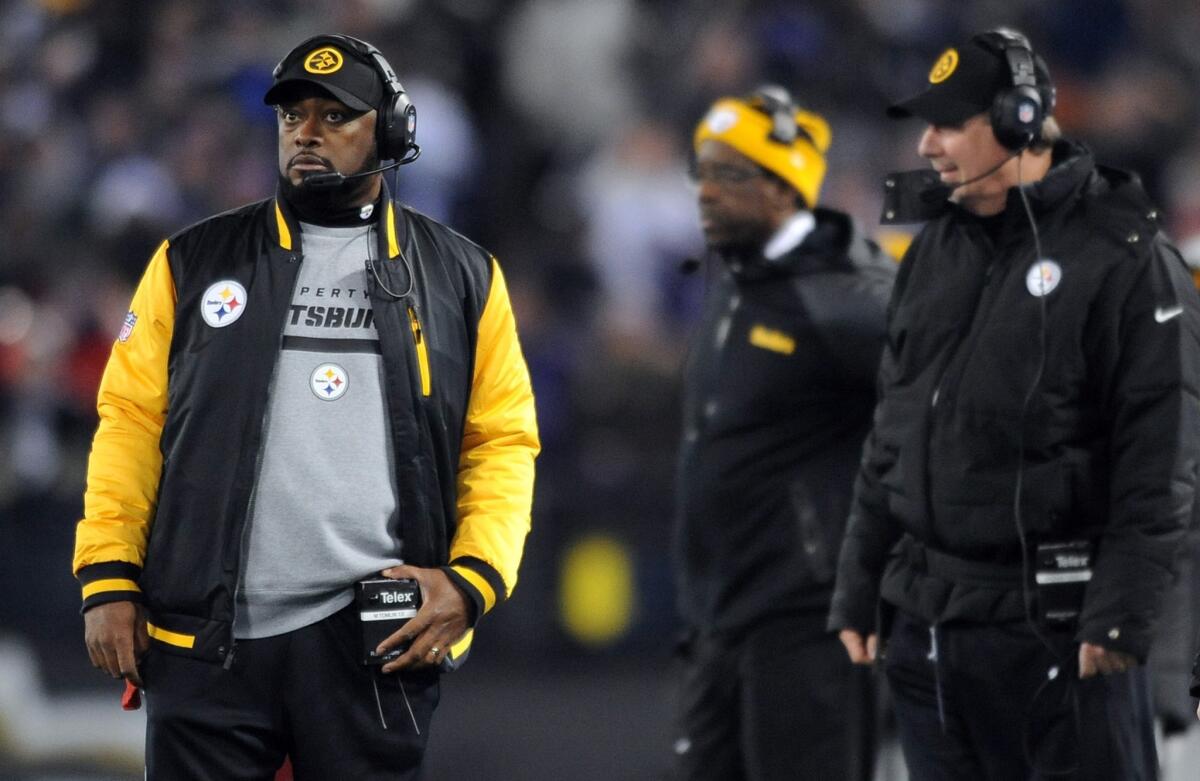**Court of Controversy: Coach Mike Tomlin NFL Pride Night Boycott Sparks Global Uproar Over Politics, Principles, and the Place of Activism in Sports**

In a bold and unexpected move, Pittsburgh Steelers head coach Mike Tomlin ignited a firestorm of debate by publicly boycotting the NFL’s Pride Night event. The seasoned coach, long respected for his leadership and steady hand, cited personal principles and concerns about the politicization of sports as reasons for his decision. The controversy has since rippled far beyond the gridiron, drawing sharp reactions from across the political spectrum and sparking a global conversation about the intersection of sports, activism, and identity.
Tomlin’s statement, released via social media, emphasized his belief in “the importance of inclusion without coercion,” stating that while he supports human dignity for all, he opposes what he called “mandatory participation in symbolic gestures that may conflict with personal convictions.” The move was praised by some as a principled stand for individual freedom, but harshly criticized by others as a thinly veiled act of intolerance.
The NFL, which has embraced Pride Month in recent years as part of its broader diversity and inclusion campaign, responded by reaffirming its commitment to celebrating LGBTQ+ fans and players. League officials expressed disappointment in Tomlin’s boycott, while maintaining that participation in Pride events remains voluntary. However, the symbolic weight of such a high-profile figure opting out has stirred intense debate.
Athletes, celebrities, politicians, and fans have weighed in, many taking to social media to voice either support or outrage. Supporters of Tomlin argue that sports figures should not be compelled to adopt political or social stances, framing his choice as an act of personal integrity. Critics counter that silence—or in this case, absence—sends a powerful message of exclusion, particularly at an event meant to foster acceptance.
Internationally, the incident has reignited broader questions about the role of activism in sports. From kneeling during national anthems to pride-themed uniforms, sports have increasingly become platforms for political expression. Some argue this evolution is necessary and overdue, while others claim it undermines the unifying power of sports.
Tomlin’s boycott has even reached political chambers, with lawmakers and advocacy groups citing it as either an example of “courage under pressure” or a “disappointing step backward.” Meanwhile, players within the NFL have largely remained divided, with some voicing solidarity with Tomlin and others expressing concern about the implications of his actions.
As the debate intensifies, one thing is clear: Mike Tomlin’s decision has opened a floodgate of public reflection on where sports end and politics begin. The situation underscores the ever-changing expectations placed on public figures and highlights the growing difficulty in separating personal belief from public responsibility in today’s hyperconnected, ideologically divided world.
The NFL now faces a critical moment. How it navigates the fine line between honoring diversity and respecting individual belief may set a precedent not only for future league policies but for the global sporting landscape at large.

Be the first to comment